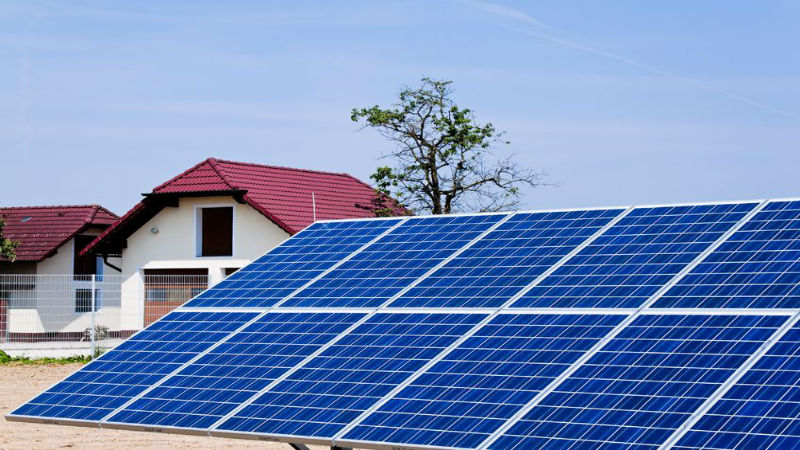In 2019, only 11% of the energy consumed across the U.S. was obtained from renewable sources. The bulk of the energy supply came from natural gas, petroleum, nuclear power, and coal.
The situation wasn’t any different in New Jersey, where nuclear power and natural gas accounted for 94% of the energy supply!
The good news is – things are changing.
New Jersey has set an ambitious target for itself to phase out non-renewable energy production entirely by 2050. The roadmap includes three milestones – 35% renewable energy makeup by 2025, 50% renewable energy by 2030, and the final target.
The bad news is that New Jersey is nowhere close to realizing the first milestone, let alone the subsequent targets.
With each passing year, the state is under increasing pressure to take drastic measures to curb non-renewable energy production. Thankfully, there’s hope.
Solar Households Pave the Way
Currently, only 5.5% of the state’s energy production comes from solar. The substantial incentives offered by the state and federal governments have inspired a small percentage of homeowners to go solar. However, it’s too little, too late.
If we are going to meet the 2025 target of 25% renewable energy production, the government cannot rely on utility companies alone to make that happen.
Going forward, the government will be compelled to offer deeper incentives for solar system installation in New Jersey. As the targets get increasingly ambitious post-2025, homeowners can expect better, more lucrative deals on their solar power systems.
Economies of Scale
Technological developments and large-scale production of solar panels, among other equipment, have brought down the costs of purchasing and maintaining solar power systems by 50% in the past few years.
As solar adoption increases, the economies of scale (mass manufacturing) alone are expected to slash down the prices drastically. Besides, the rapid evolution of technology will progressively make solar panels more efficient over time. In other words, consumers’ energy requirements will be met by a lesser number of solar panels than what’s required today.
Lower prices, lesser panels, and declining maintenance costs will make solar power progressively ideal for homeowners, irrespective of how many incentives the government offers.
Conclusion
Beyond the lower costs and incentives, there’s one more reason why New Jersey homeowners will find solar energy suitable for them for the foreseeable future. The green energy compliance requirements on utility companies will pressure them to buy more and more solar power from the homeowners, creating a substantial and sustainable source of income throughout the year.
The sun is really shining on residential solar power in New Jersey.
Contact Business name for more information.



